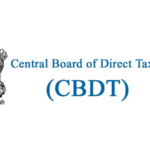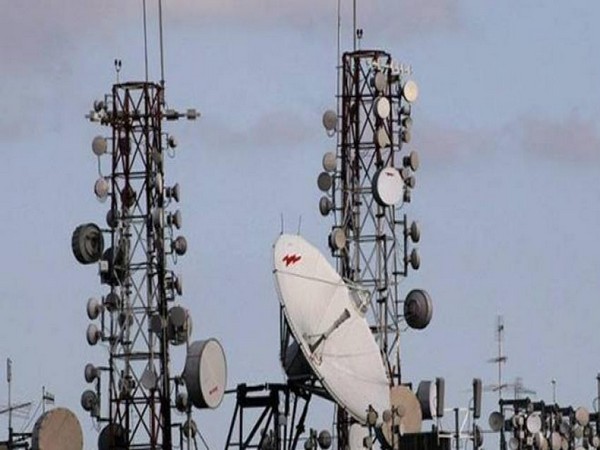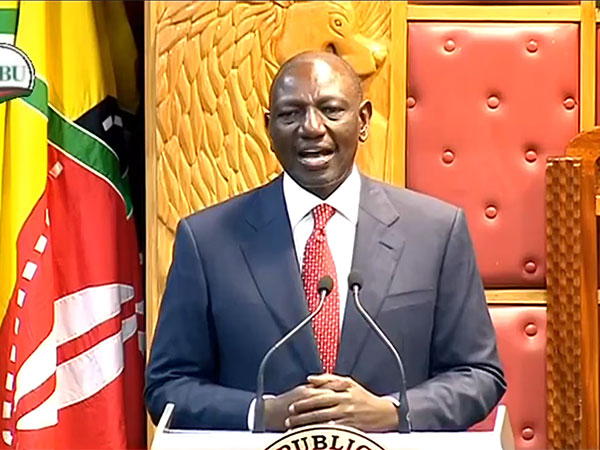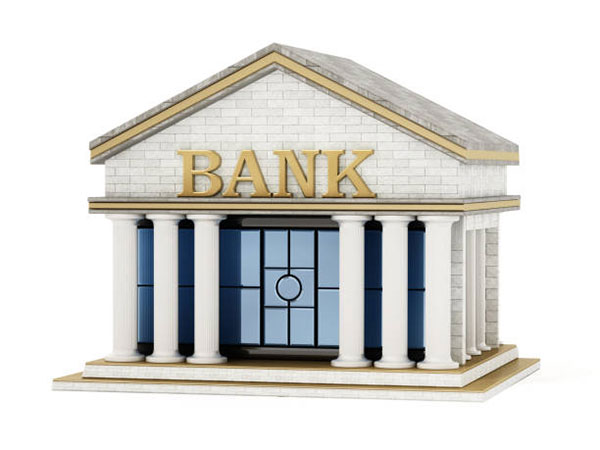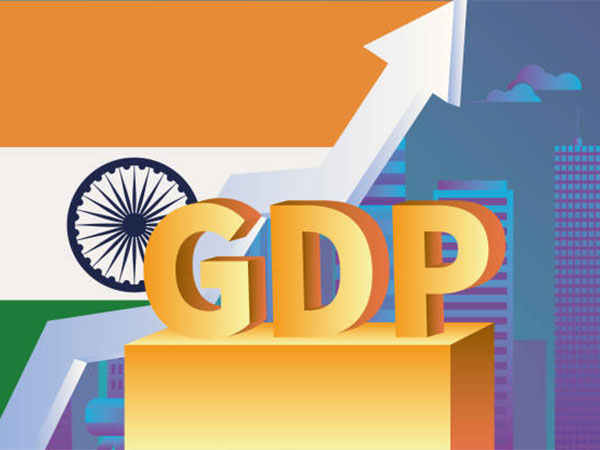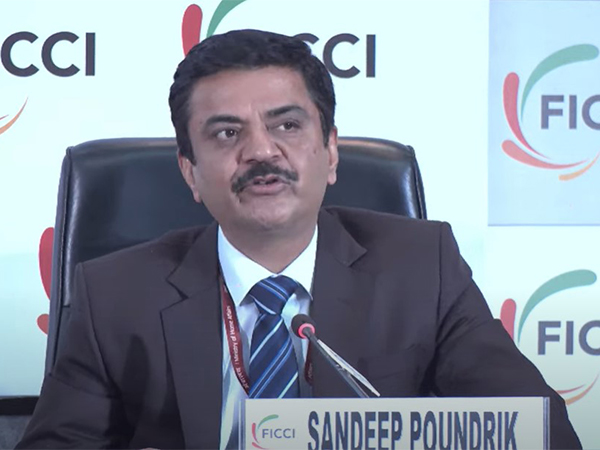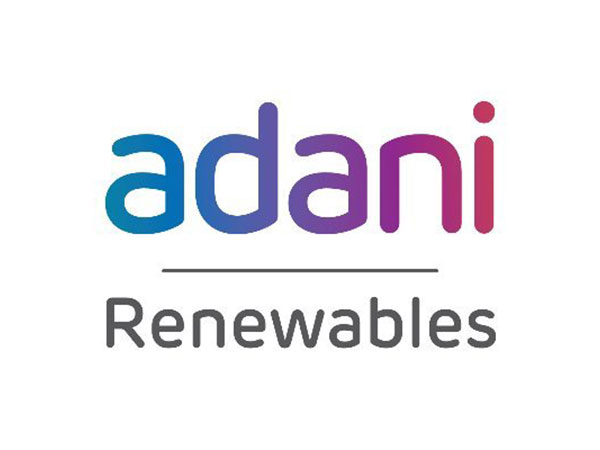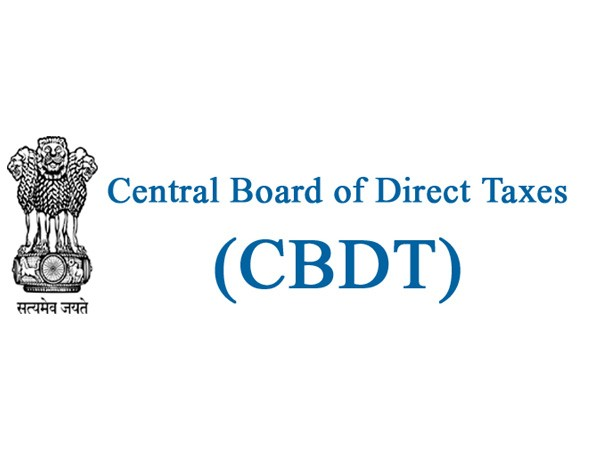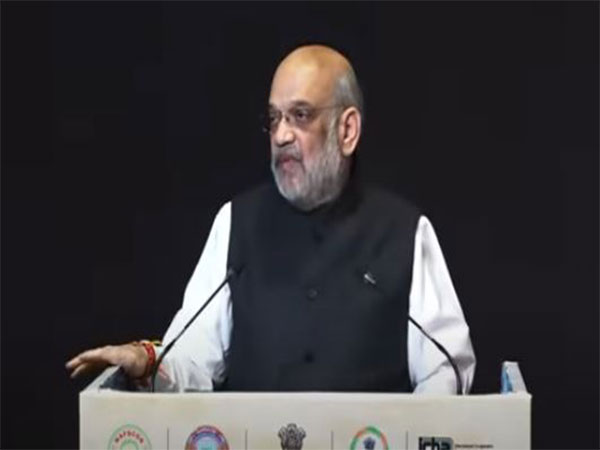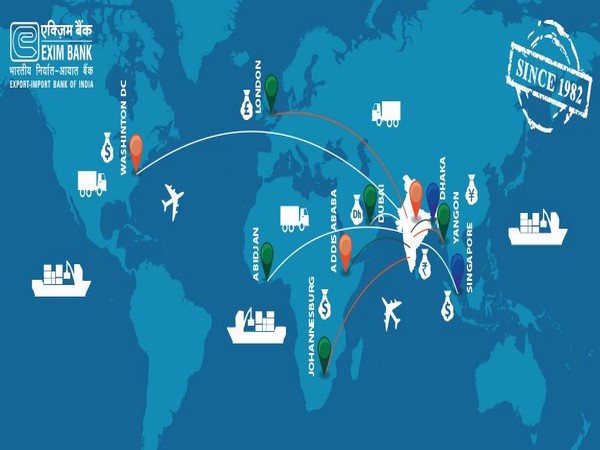
Singapore, Oct 7 (ANI): Fitch Ratings has affirmed Export Import Bank of India‘s (EXIM) long-term issuer default rating at BBB-minus with negative outlook, mirroring the outlook on India’s sovereign rating (BBB-minus/negative).
EXIM’s long-term issuer default rating is driven by its support rating of 2 and support rating floor of BBB-minus and is the same as India’s sovereign rating.
EXIM’s support rating reflects Fitch’s expectation of a high probability of extraordinary state support to the bank in times of need.
The view stems from EXIM’s high strategic and systemic importance due to its unique policy role, strong government linkages and the state’s 100 per cent ownership in EXIM under the bank’s founding act of parliament.
EXIM’s policy role is significant since it supports the state’s diplomatic efforts and trade policy through financing and promoting India’s international trade as defined in the Export-Import Bank of India Act 1981.
EXIM is the main nodal entity through which the government extends lines of credit to less-developed countries, which underscores its importance to the sovereign.
The state’s 100 per cent ownership of EXIM is permanent unless its founding act is changed while its board of directors has representation from the Ministry of External Affairs, Ministry of Finance and Ministry of Commerce and Industry, which highlights the strong oversight and control exercised by the state over EXIM.
Fitch said that EXIM is perceived externally as a proxy for the sovereign and a default on EXIM’s debt obligations will have adverse consequences on the sovereign’s reputation and the country’s financial markets.
The state has provided EXIM with regular capital support. EXIM is the first state-owned lender to receive an equity injection (Rs 1,300 crore) in financial year ending March 2021 following the Rs 6,500 crore injected in two preceding financial years.
EXIM’s common equity tier 1 (CET1) ratio increased by an estimated 191 basis points from nearly 18 per cent in FY20 after the capital injection.
Fitch expects EXIM’s CET1 ratio to remain stable as the bank increasingly focuses on expanding its policy business in the near term which is zero risk-weighted. It should help keep capital requirements low in the short term.
EXIM also receives support in the form of interest subvention from the government on concessional financing scheme and credit lines extended to other countries at the government’s behest. Policy loans in total represented 61 per cent of its loan book at end-1Q FY21.
These factors also contribute to EXIM’s perceived quasi-sovereign status which underpins the bank’s very strong access to both onshore and offshore debt capital markets.
EXIM’s medium-term note programme and senior notes are rated at the same level as its long-term issuer default rating in line with Fitch’s criteria. The notes constitute direct, unsubordinated and unsecured obligations of the bank, and rank equally with all its other unsecured and unsubordinated obligations.
Fitch has not assigned a viability rating to EXIM due to its role as a policy bank, which makes the assessment of its standalone credit profile less meaningful. (ANI)
